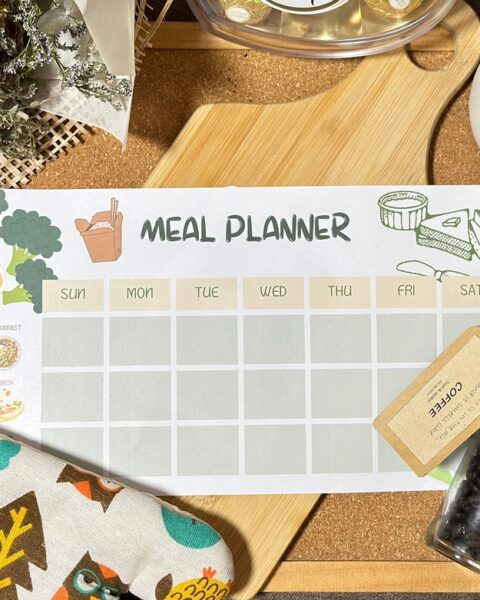Making your home more energy efficient doesn’t have to be complicated. In fact, with just a few simple changes, you can save money and reduce your environmental impact. These practical tips will help you get started on the path to a greener home. Whether it’s upgrading your windows, sealing air leaks, or installing a programmable thermostat, each step you take brings you closer to an energy-efficient lifestyle.
Contents
- 1 Upgrade to Energy-Efficient Windows
- 2 Install a Programmable Thermostat
- 3 Seal Air Leaks
- 4 Upgrade to Energy-Efficient Appliances
- 5 Use LED Lighting
- 6 Insulate Your Home
- 7 Install Solar Panels
- 8 Use Smart Power Strips
- 9 Tune-Up Your HVAC System
- 10 Upgrade to a Tankless Water Heater
- 11 Optimize Your Cooking Methods
- 12 Perform an Energy Audit
- 13 More From RetailShout
- 14 25 Delicious One-Pot Recipes for Easy Cooking and Cleanup
- 15 10 Seasoning Tricks to Take Your Food to the Next Level
Upgrade to Energy-Efficient Windows
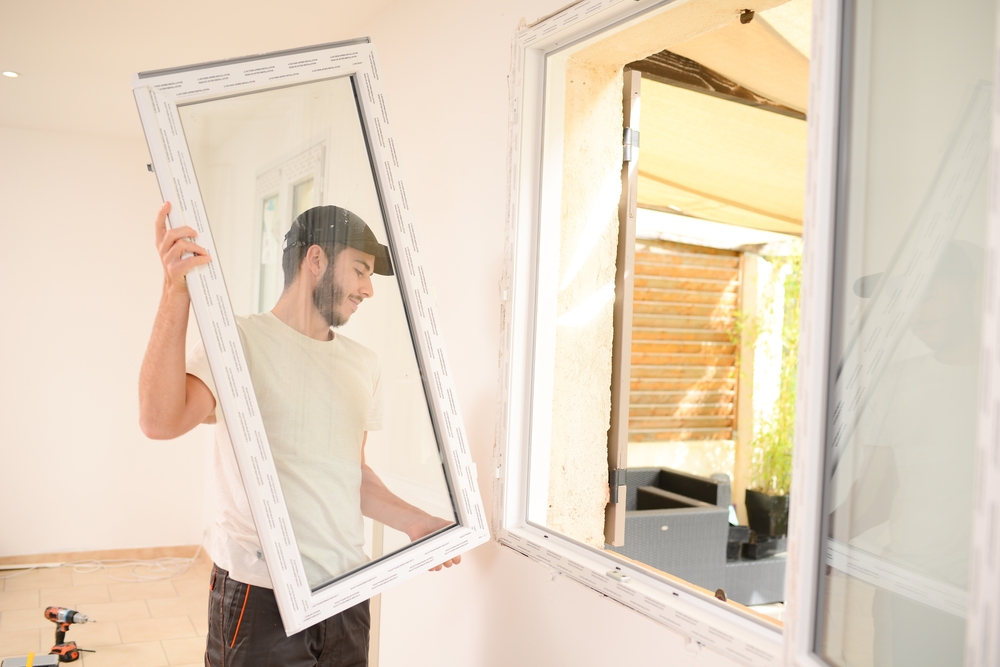
Replacing old, drafty windows with energy-efficient models can significantly reduce your heating and cooling costs. Look for windows with low-emissivity (Low-E) glass, which helps to reflect heat while allowing light to pass through. Ensure they are double or triple glazed, which provides better insulation than single-pane windows. When installing new windows, make sure they are properly sealed to prevent air leaks. Over time, these upgrades can save you up to 50% on energy bills.
Install a Programmable Thermostat
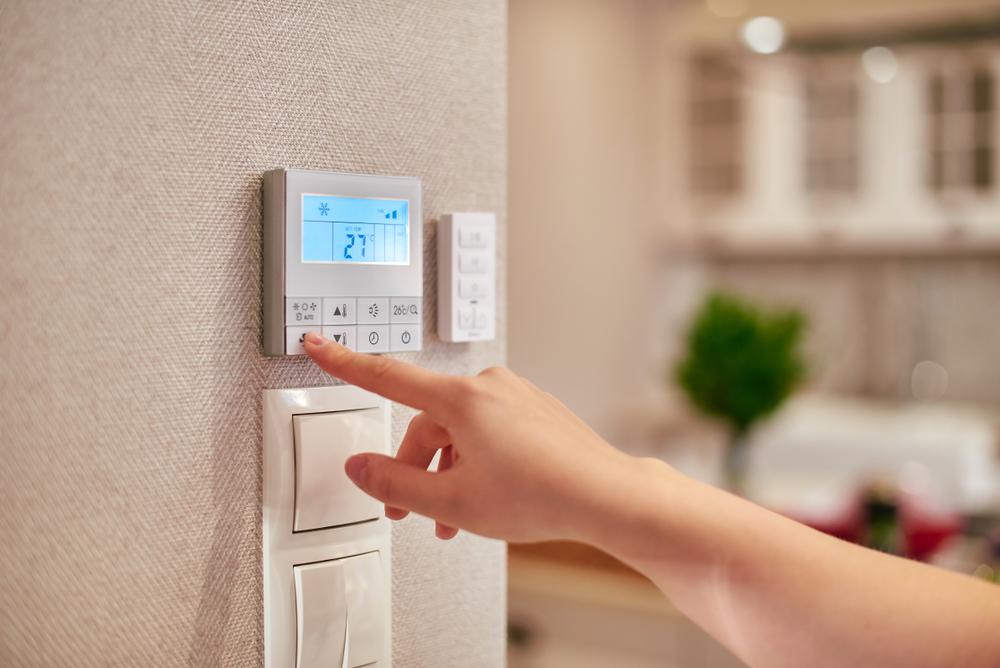
A programmable thermostat allows you to set different temperatures for different times of the day, ensuring that your heating and cooling systems are used efficiently. For instance, you can lower the temperature while you’re asleep or at work and have it warm up before you return home. Some advanced models learn your schedule and adjust automatically. By using a programmable thermostat, you can save up to 10% annually on heating and cooling costs.
Seal Air Leaks
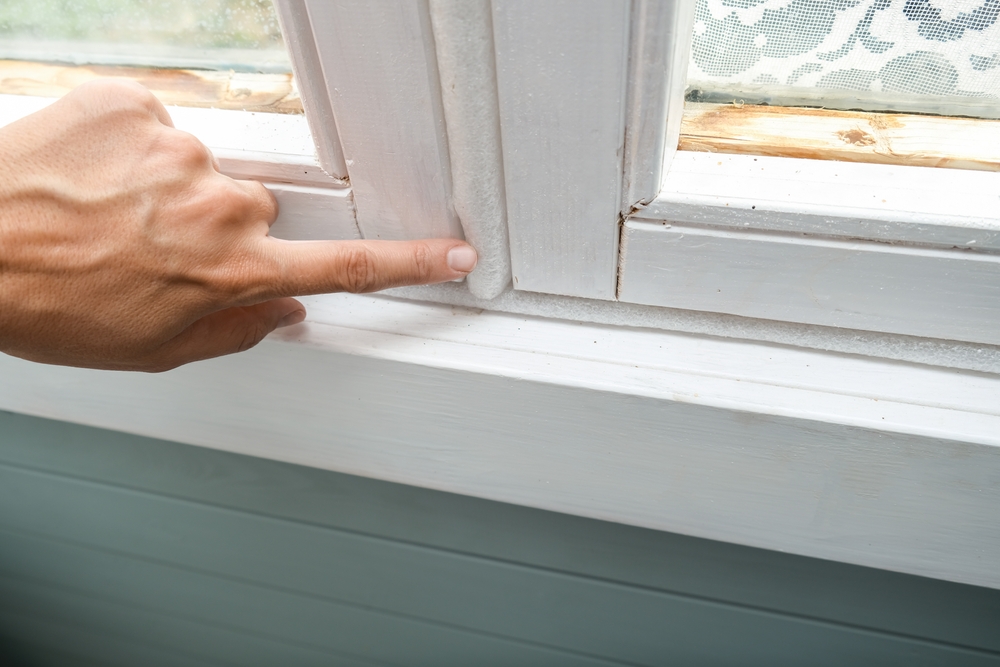
Air leaks around windows, doors, and other openings can significantly increase your heating and cooling costs. Use caulk and weatherstripping to seal gaps and prevent drafts. Pay special attention to the attic, as it is a common source of air leaks. Sealing air leaks and adding insulation in the attic can reduce heating and cooling costs by up to 20%.
Upgrade to Energy-Efficient Appliances
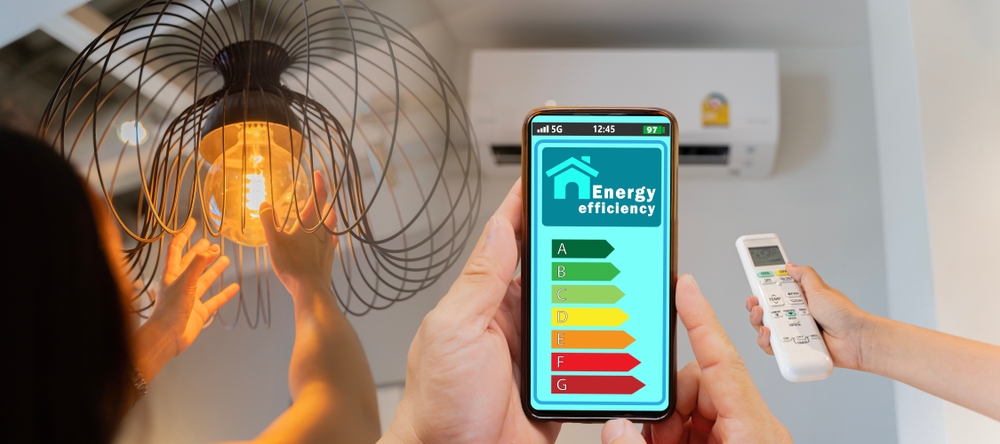
Replacing old appliances with Energy Star-rated models can significantly reduce your energy consumption. Energy-efficient appliances such as refrigerators, dishwashers, and washing machines use less energy and water than older models. When shopping for new appliances, look for the Energy Star label, which indicates that the product meets energy efficiency guidelines set by the EPA. These appliances not only save energy but also reduce utility bills.
Use LED Lighting
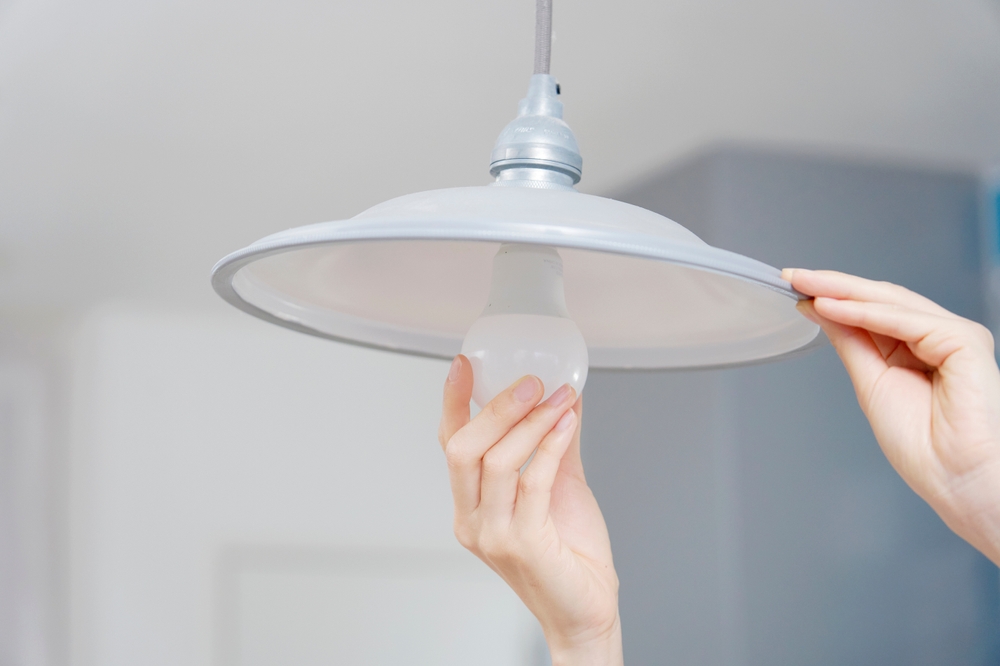
Switching to LED bulbs is one of the easiest and most cost-effective ways to improve energy efficiency. LEDs use about 75% less energy than incandescent bulbs and last up to 25 times longer. They are available in various brightness levels and colors, making them suitable for all lighting needs in your home. By replacing all your bulbs with LEDs, you can significantly reduce your electricity consumption and save money on energy bills.
Insulate Your Home
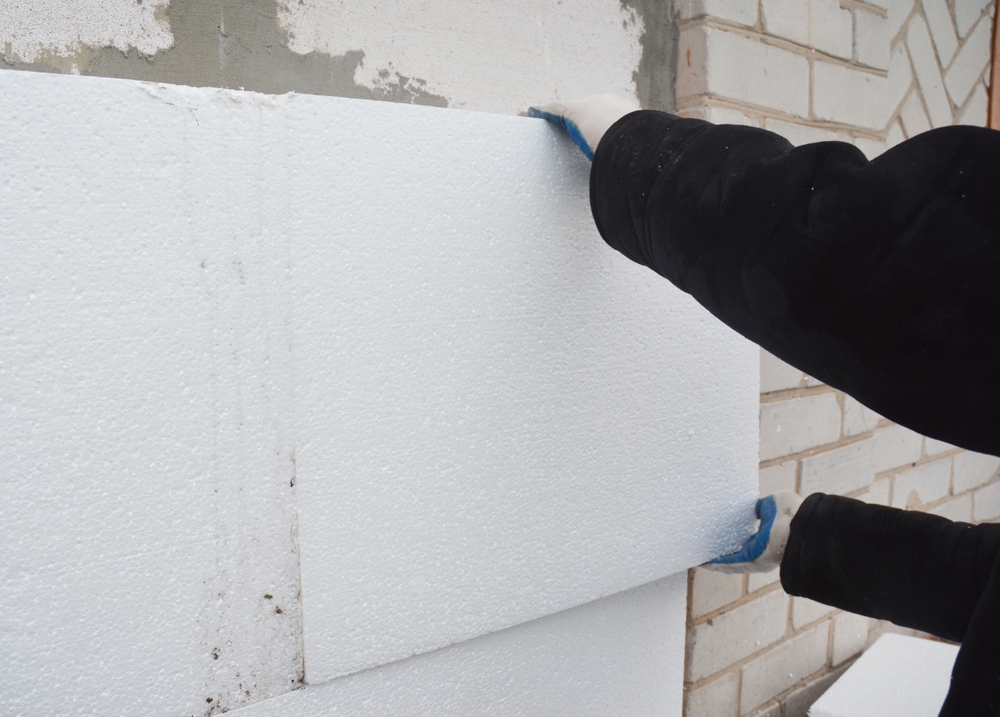
Proper insulation is crucial for maintaining a comfortable temperature in your home and reducing energy consumption. Insulate your attic, walls, and floors to prevent heat loss in winter and keep your home cool in summer. Choose the right type of insulation for each area, and consider hiring a professional for installation if needed. Well-insulated homes require less energy for heating and cooling, leading to significant savings on energy bills.
Install Solar Panels

Solar panels convert sunlight into electricity, which can be used to power your home. Installing solar panels can reduce your reliance on the grid and lower your energy bills. The initial investment can be high, but many governments offer incentives and rebates to offset the cost. Over time, solar panels can provide substantial savings and contribute to a greener environment.
Use Smart Power Strips
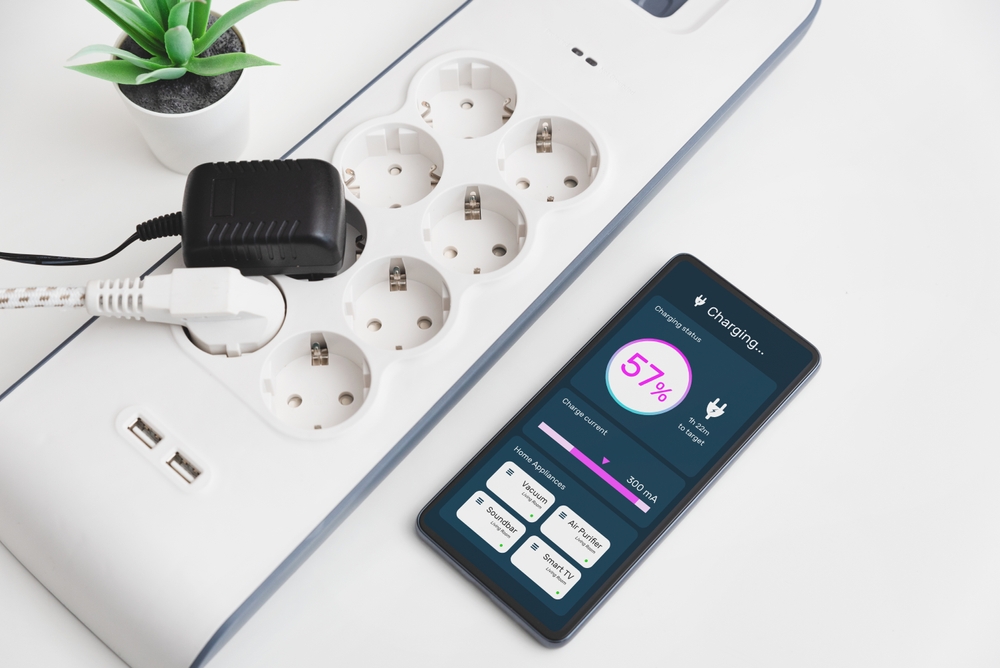
Many electronic devices continue to draw power even when turned off, a phenomenon known as phantom load. Smart power strips cut off the power supply to devices when they are not in use, reducing energy consumption. Use smart power strips for your entertainment center, computer, and other electronics to prevent unnecessary energy usage. This small change can lead to noticeable savings on your electricity bill.
Tune-Up Your HVAC System
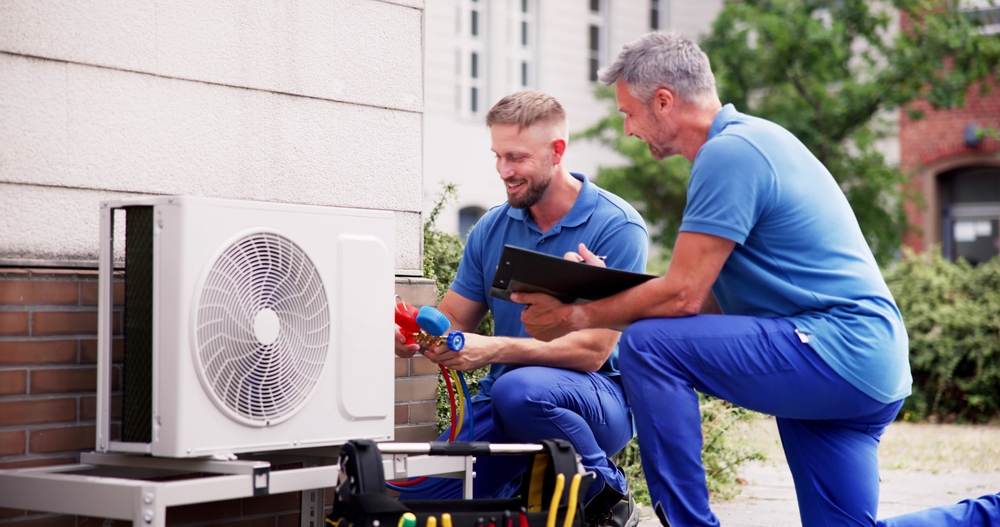
Regular maintenance of your heating, ventilation, and air conditioning (HVAC) system ensures it operates efficiently. Change filters every three months and have a professional tune-up annually. Proper maintenance can extend the life of your HVAC system and reduce energy consumption. A well-maintained system doesn’t have to work as hard to maintain a comfortable temperature, saving you money on energy bills.
Upgrade to a Tankless Water Heater

Traditional water heaters keep a large tank of water heated at all times, which consumes a lot of energy. Tankless water heaters, on the other hand, heat water on demand, reducing energy usage. They are more energy-efficient and have a longer lifespan than conventional water heaters. Installing a tankless water heater can save you up to 34% on water heating costs.
Optimize Your Cooking Methods
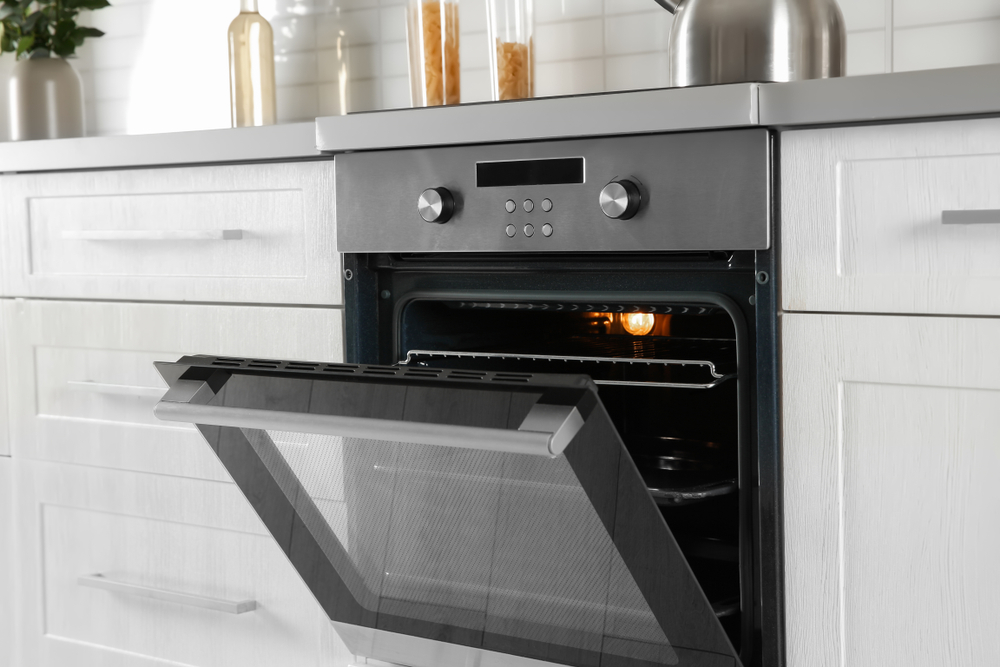
Using energy-efficient cooking methods can reduce your energy consumption. For example, convection ovens cook food faster and at lower temperatures than conventional ovens. Pressure cookers and slow cookers are also more energy-efficient options. Additionally, using lids on pots and pans helps food cook faster and reduces energy usage. Small changes in your cooking habits can lead to significant energy savings over time.
Perform an Energy Audit
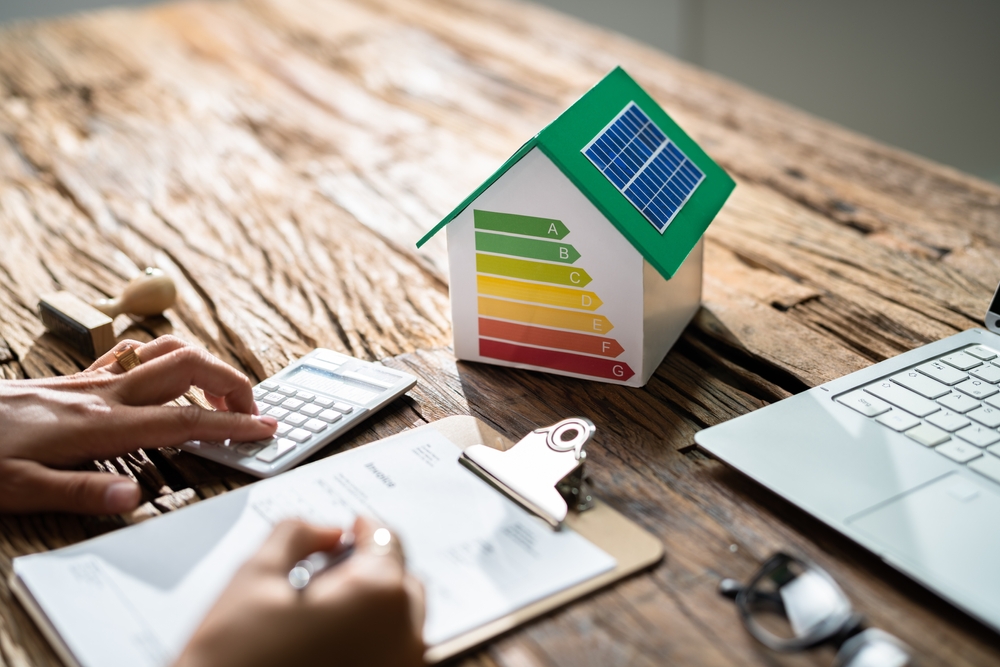
An energy audit assesses your home’s energy usage and identifies areas for improvement. Professional energy auditors use specialized tools to detect air leaks, inspect insulation, and evaluate the efficiency of your heating and cooling systems. Based on the audit, they provide recommendations for improving energy efficiency. Conducting an energy audit can help you prioritize upgrades and make informed decisions to reduce energy consumption and save money.
This article originally appeared on RetailShout
More From RetailShout
21 Foods to Boost Your Digestion and Gut Health

Taking care of your gut health is more important than you might think. A healthy digestive system can improve your overall well-being, boost your immune system, and even affect your mood. Read More.
25 Delicious One-Pot Recipes for Easy Cooking and Cleanup

Cooking can be fun, but the cleanup? Not so much. That’s where one-pot meals come in handy. Imagine whipping up a delicious dinner without a mountain of dishes to tackle afterward. These meals are all about simplicity, flavor, and minimal cleanup. Read More.
10 Seasoning Tricks to Take Your Food to the Next Level

Unlock the full potential of your cooking with these essential seasoning techniques. From the perfect blend of spices to the art of balancing flavors, these tricks will make your meals unforgettable. Read More.


